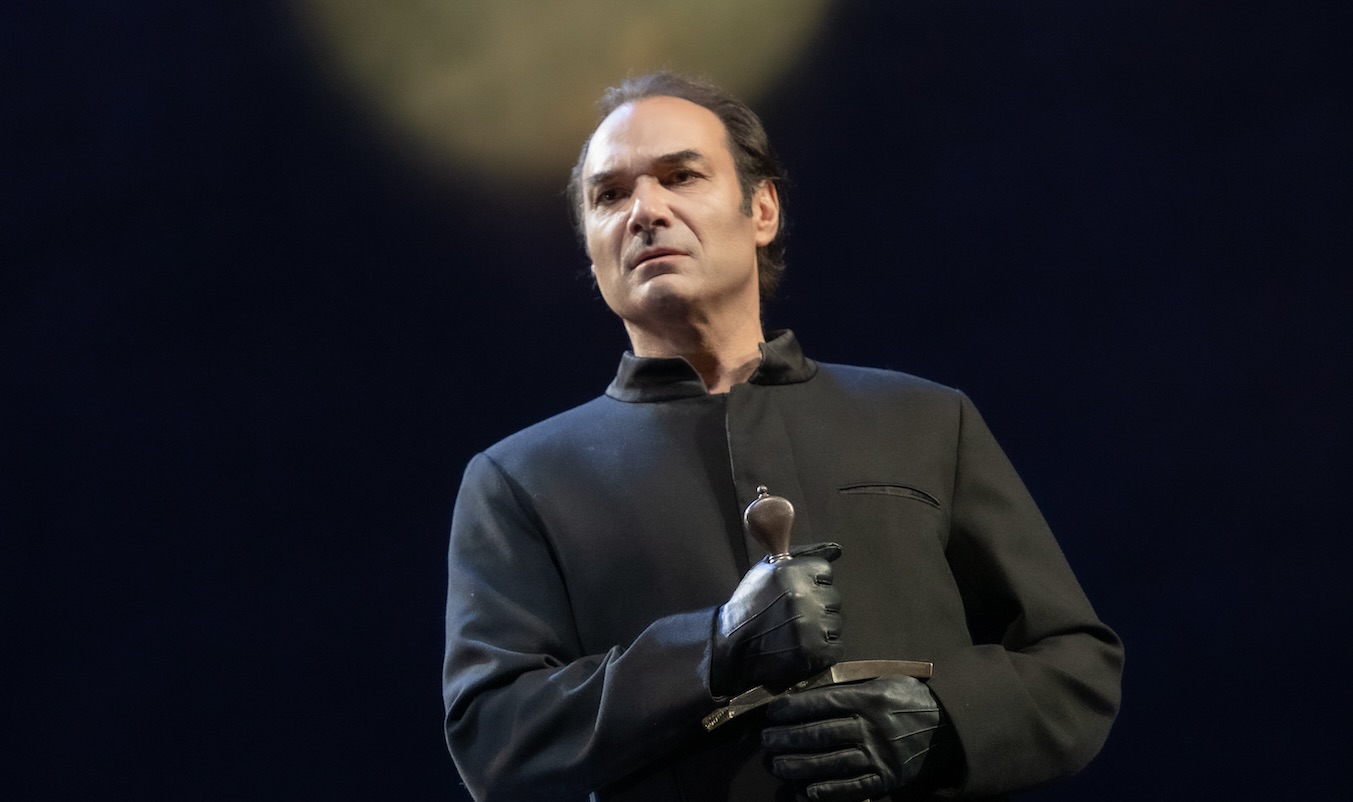Originally posted by Petrushka
View Post
I haven't thought about Wagner's use of "Nicker" before. It is certainly not in common use in the sense of Nixe. Brockhaus doesn't include it at all. Duden online mentions it as a hunter's knife (for cutting an animal's neck, based on Genick = neck). Two other meanings derive from "nicken" (to nod): 1. a single nod of the head 2. a snooze (nodding off).
I am not sure exactly why Wagner uses it for the Rhine maidens, rather than the familiar "Nixe", which he doesn't seem to use at all in the Ring. Maybe he likes the sound of it and its potential for wordplay. He uses "Nicker" several times to refer to the Rhine maidens, but also uses it once in another sense when Siegfried applies it Mime to show his contempt for him as being like a crawling animal in Act I of Siegfried:
beim Genick’ möcht’ ich den Nicker packen,
den Garaus geben dem garst’gen Zwicker!
Translated as:
by the throat I long to catch the crawler
and crush thy life out, thou loathsome nodder!
Stewart Spencer for Thames and Hudson has "dodderer".

Comment